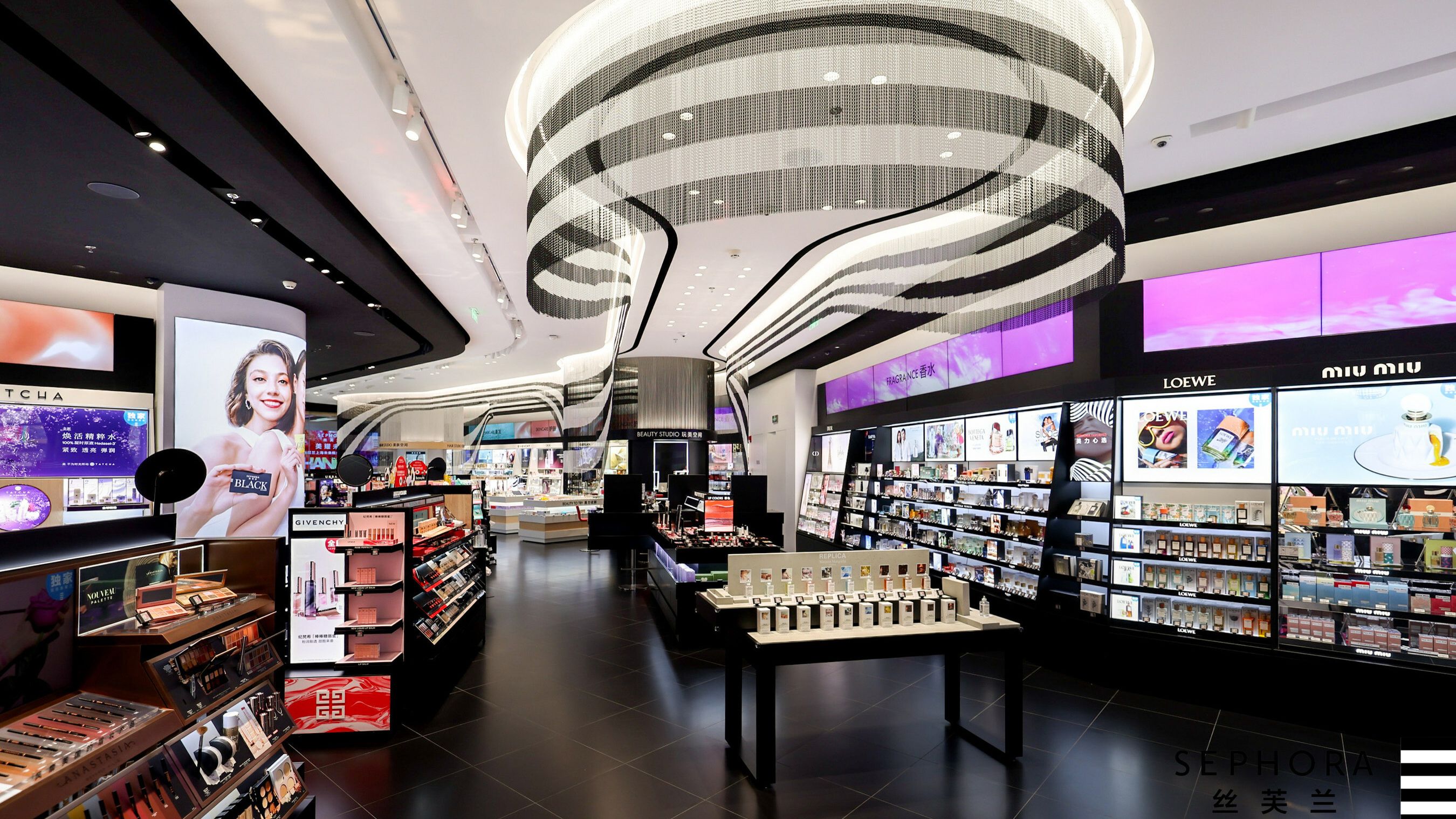As luxury brands navigate the complexities of the 2025 landscape, a critical issue is emerging that threatens to undermine the very foundations of success in China.
During a recent masterclass in Shanghai, where I trained the senior commercial team of a leading luxury brand, a startling revelation came to light. When asked about their personal experiences shopping for luxury in China, these top managers and luxury experts painted a picture far removed from the glittering facade we often associate with high-end retail.
The feedback unveiled a harsh reality: widespread dissatisfaction with the in-store experience across many luxury brands in China, characterized by what they described as hostile attitudes from sales personnel. These seasoned professionals reported feeling judged, with exceptional service reserved only for those perceived as big spenders. A lack of empathy and warmth emerged as a recurring theme — one strong enough to drive many to seek out shopping experiences abroad, where they felt more valued and respected.
One staggering case was shared by a manager regarding her shopping experience at Sephora in Shanghai, which made her want to break up with the retailer. As a previously loyal client, she invited a friend to join her at the flagship store, but the salesperson was impatient and dismissive, aggressively pushing them to make a purchase. When her friend asked if she could take a picture to remember a product, the salesperson screamed at them and kicked them out of the store.

This phenomenon isn’t just anecdotal. My team’s extensive mystery shopping projects and client satisfaction surveys across mainland China and Hong Kong have consistently revealed a troubling trend. Client satisfaction with in-person experiences often hovers around a mere 60% for luxury brands in China — a figure that should set off alarm bells for any brand serious about its future in this crucial market.
The Hidden Cost of Poor Service
The ramifications of this service gap extend far beyond mere dissatisfaction. It’s becoming a key driver for Chinese luxury consumers to shop abroad, not just for better prices or product availability but for a fundamentally superior shopping experience.
This exodus of spending represents a significant loss for brands in the Chinese domestic market, one that can’t be solely attributed to exchange rate fluctuations or price differentials. I am flabbergasted by the lack of reporting on this issue or even the lack of awareness within global and, at times, local leadership teams of luxury brands in China.
Moreover, the issue is compounded by the fact that China often sees some of the highest price points for luxury goods globally. This combination of premium pricing and subpar service creates a recipe for eroding brand loyalty and market share.
An Urgent Need for Emotional Intelligence
The core of this crisis lies in a fundamental misunderstanding of what luxury service means in the Chinese context. It’s not about robotic politeness or by-the-book procedures. What’s missing in many luxury brand experiences is emotional intelligence — the ability to connect with clients on a human level, to empathize, and to create memorable experiences, regardless of the perceived value of the transaction.
This gap in emotional intelligence is not just a training issue but a strategic oversight. Many Western brands have underinvested in comprehensive, culturally nuanced training programs for their Chinese staff. The result is a workforce that may be knowledgeable about products but often lacks the soft skills crucial for building lasting client relationships.
Having trained many VIC managers and sales teams in mainland China and Hong Kong, I can confirm that the main issue is the insufficient focus on emotional intelligence during the client process in many conventional training approaches. Transformative luxury training has never been as critical as it is now for brands looking to regain momentum in China.
A Call for Radical Change
I urge brands to stop blaming the market and start taking actions where they can. A lot of the sales challenges in China are a result of not aligning with client expectations.
The solution to this crisis requires a radical shift in how luxury brands approach customer service in China. It’s no longer enough to rely on brand prestige or product quality. The in-store experience must be elevated to meet, if not exceed, the standards set in global luxury capitals.
This transformation begins with a fundamental reevaluation of training programs. Luxury brands must invest heavily in emotional sales training, focusing on empathy, cultural sensitivity, and the art of creating exceptional experiences for every client, regardless of their apparent spending power. While investments in store locations, décor, and real estate seem limitless, the critical need to invest in the right training is often neglected.
Furthermore, brands need to foster a culture where every interaction is viewed as an opportunity to build a long-term relationship, not just close a sale. This mindset shift requires ongoing coaching, performance metrics that value customer satisfaction as highly as sales figures, and a leadership approach that exemplifies the values of empathy and respect.
The battle for luxury supremacy in China will be fought not just on product design or marketing brilliance but on the ability to consistently deliver exceptional, emotionally intelligent customer service. The brands that recognize this and act decisively to bridge the current gap will be the ones that grow disproportionately in the Chinese luxury market.
The message is clear: customer service is the critical differentiator that will separate the winners from the rest. Are you ready?










Comments
Join Our Community
Create an account to share your thoughts, engage with others, and be part of our growing community.